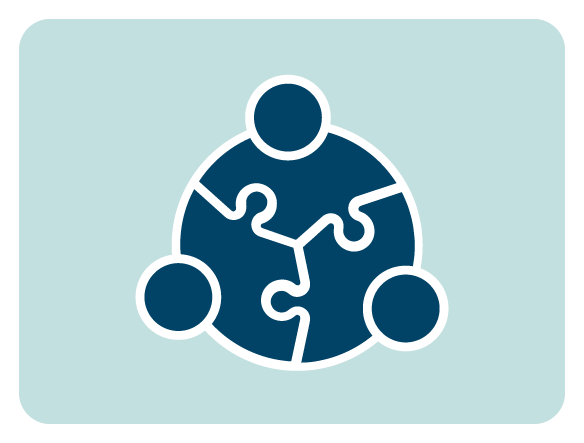From Theory to Table: A Capstone Experience in Food Service Management
Assessing Student Learning
Engaging Students
Learning Outcomes




Context
This project is the central component of Applied Dietetics in Food Service Systems (NS 4880), a capstone course for seniors preparing to become Registered Dietitians (RDNs). The course is designed to meet accreditation requirements for food service management by providing students with a culminating, real-world leadership experience.
The class is divided into management teams of approximately five students, with each team assigned to a specific residential dining hall. While the project is a group effort, individual accountability is central to the design. Students take on designated management roles (e.g., executive chef, marketing director, finance manager) and are responsible for specific performance indicators tied to their position. Throughout the semester, each student curates an individual ePortfolio to document their work, reflect on their growth, and provide evidence of their readiness for a management position.
Implementation
Successfully implementing this large-scale, collaborative project requires significant logistical preparation by Wilcox Gier before the semester begins.
Pre-semester preparation:
Wilcox Gier establishes and confirms partnerships with key campus stakeholders. This involves securing commitments from Cornell Dining administration to grant students access to kitchens for lab experiences; coordinating with West Campus administrators to allow teams into the dining halls; and aligning with the student marketing office for promotional support. These established relationships create a stable framework for the students to operate within.
Team formation and structure:
Wilcox Gier assigns students to teams based on her knowledge of their skills and personalities. Each team is then responsible for creating its own internal management structure, which includes:
- Defining specific roles (e.g., menu development, marketing, operations).
- Developing an organizational chart to clarify responsibilities and reporting lines.
- Establishing team norms and communication protocols.
Project execution:
Once the teams are established, they begin the hands-on work of planning their themed dinner. This involves a series of "lab experiences" where they work directly with Cornell Dining chefs to test recipes, learn kitchen operations, and scale their menu. Throughout the process, teams must ensure their plans adhere to Cornell Dining's established nutrition, safety, and sanitation guidelines. The project culminates in the live dinner event, managed and executed by the student team.
Challenges
- Accelerated team cohesion: Students have a compressed timeframe to form effective, high-functioning teams capable of executing a complex, high-stakes project.
- Complex stakeholder management: The project requires students to successfully navigate the diverse needs and expectations of multiple stakeholders, including faculty, dining administrators, culinary staff, and student customers.
- Bridging the experience gap: Students must quickly move from theoretical knowledge to practical application, planning and executing a large-scale event with minimal prior hands-on experience in high-volume food service operations.
Reflection and Future Directions
Future adjustments will be minor and iterative. Wilcox Gier will continue to incorporate feedback from students and adapt to operational changes within Cornell Dining to ensure the capstone remains a relevant, high-impact learning experience.
